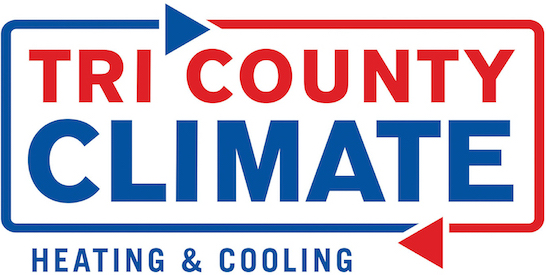
Buying your first home is thrilling. You’re likely juggling numerous details about making the right choice. We believe that understanding your potential new HVAC system is vital. The property’s HVAC system represents a substantial investment and source of potential long-term costs, so being thorough is important for first-time homebuyers.
In this guide, we’ll outline seven tips for discovering all there is to know about a home’s heating and cooling setup. And if you want a deeper opinion from the experts, feel free to call Tri County Climate Control LLC. Our experienced team can weigh in on your options with industry insights you won’t find elsewhere.
1. Which Kind of HVAC System Does the Home Use?
Start by determining what specific HVAC system the home includes. Furnaces tend to last longer than air conditioners, and some of the latest types of HVAC equipment like heat pumps feature average life spans that are even longer. Tracking down the make and specific model gives you a much better sense of how much it might cost in upkeep over time.
2. What Is the Current System’s Age?
It’s just as smart to learn how old the HVAC system is when you're considering a new home. For the most part, HVAC systems last about 10-12 years. Knowing when it was installed helps you prepare for any needed servicing or considerations if it might break down. Older systems are at a higher risk of problems, so fiscal planning for a replacement unit could be necessary sooner than you thought.
3. What Does the Warranty Cover?
Check if the HVAC system is still under warranty. If it is, you’ll appreciate how it can assist with maintenance expenses. HVAC warranties should take care of parts and labor, but it's important to note that details will vary. Make sure you go over any terms that aren’t familiar to make sure you fully understand your coverage and the likelihood of out-of-pocket costs.
4. Does the System Have a Documented Maintenance History?
Take a close look at the maintenance history of the HVAC system, if this kind of history is accessible. This service history can reveal if the repair needs are high or how often maintenance is performed. Ask about records for key tasks such as changing the air filter, which can indicate it received regularly scheduled tune-ups.
5. Are You Aware of the System’s Energy Efficiency Ratings?
Purchasing a home with a heating and cooling system with strong energy efficiency means lower utility bills and less of an impact on the environment. Locate the seasonal energy efficiency ratio (SEER) ratings for air conditioning as well as the annual fuel utilization efficiency (AFUE) for furnaces. Higher SEER ratings mean better cooling across the entire season, while strong AFUE ratings illustrate that the fuel is efficiently converted into useable heat.
6. Did You See Any Problems During Your Inspection?
Even if you don’t have experience in HVAC systems, you can still take a moment to check out the HVAC system yourself. Watch closely for potential issues that haven't been mentioned by the seller. This includes strange noises, spots with uneven heating or cooling and attempts to hide any obvious damage.
7. Have You Asked Your Local HVAC Professional?
If you're unsure about the condition of the HVAC system, it's beneficial to get an assessment and recommendation from certified HVAC technicians. They can spot things you might not, like refrigerant leaks, bad electrical connections or flawed ductwork.
A Consultation with Tri County Climate Control LLC Simplifies Your Home-Buying Journey
Selecting your first home ought to be exciting, and Tri County Climate Control LLC will do everything possible to ensure yours is too. Get in touch with us at 541-238-2797. We can discuss how our HVAC services ease your mind, giving you what you need to make an offer with confidence.

